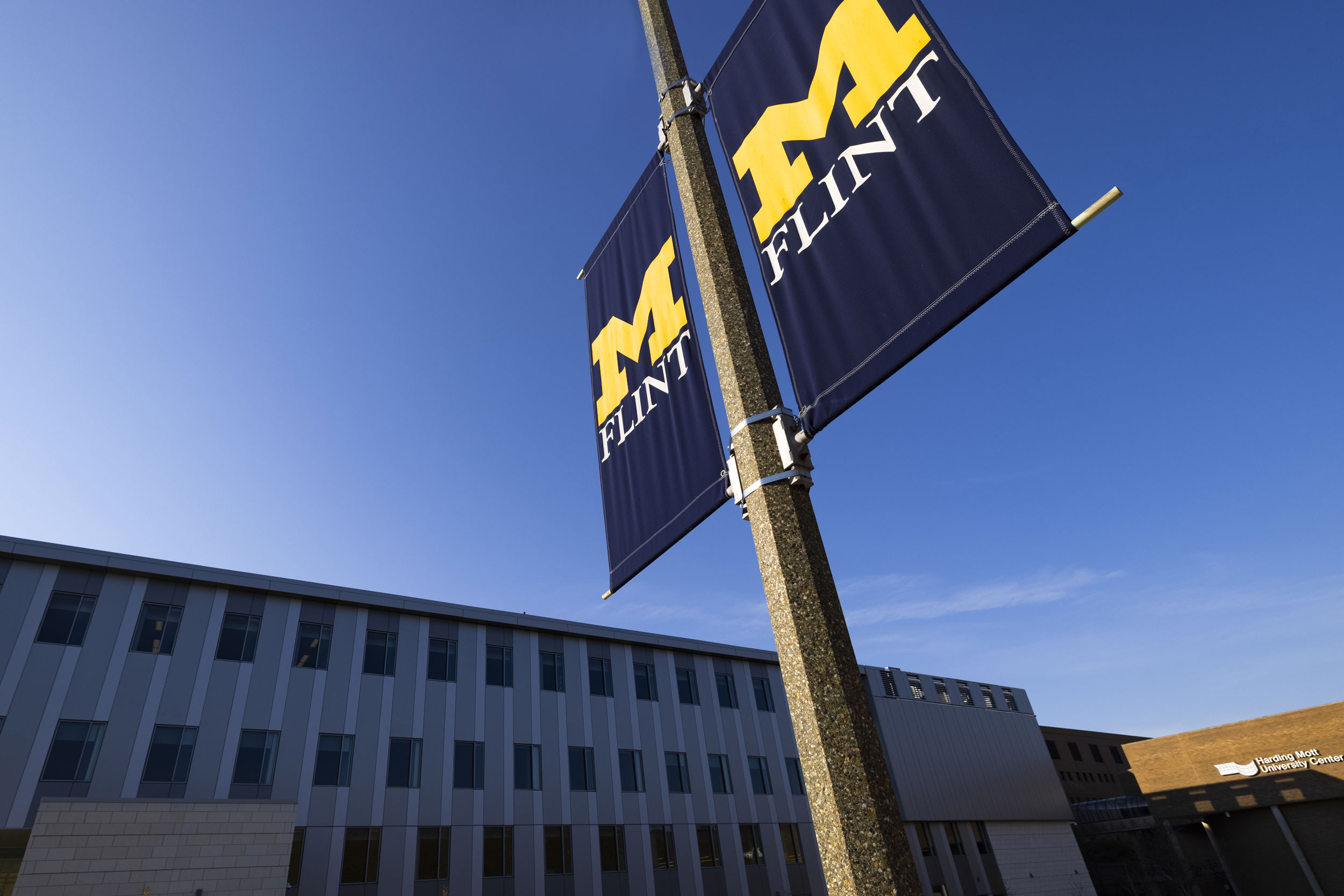UM-Flint budget focuses on innovative curriculum, support, and community engagement

The budget for the upcoming year at UM-Flint focuses on the university's top priorities: supporting student success, fostering academic innovation, and investing in faculty and staff.
The $116.5 million general fund budget, approved June 16 by the Board of Regents, outlines spending for the 2022-23 fiscal year, which begins July 1.
"UM-Flint is a great value among regional higher education institutions. We have the third lowest tuition among the 15 public universities in Michigan and our room and board rates are second lowest. We have reduced administrative expenses and increased financial aid to help lower the overall cost of education," said Chancellor Deba Dutta.
The budget plans for an estimated state appropriation of $25.2 million, a $784,000 increase over the current year. The state budget is expected to be finalized later this year. State funding per student at UM-Flint is the fourth lowest among the state's public universities.
Tuition and fees for in-state undergraduate students will increase by 4.9% to $6,762 per term for the most common lower-division rate. Graduate tuition and fees will increase by 4.5%.
This budget enables UM-Flint to provide a world-class education for an expanded student population through dedicated scholarships in the Accelerated Online Degree Completion program.
Built for busy working adults, the program will launch this fall and feature completely online coursework and offer skills that are in-demand with area employers. Newly enrolled students in the program can receive up to $8,000 in scholarship support during their first year of study.
Dedicated scholarships are also available in UM-Flint's College of Innovation & Technology, which is offering a new Bachelor of Science degree in Sustainability & Energy Technology this fall.
UM-Flint faculty and students will find resources to support their community engagement efforts with the Community Engaged Faculty Fellows Initiative. Through a workshop series and a grant selection process, faculty will gain increased skills and funding to engage community stakeholders in their research and pedagogy.
Additional faculty will join the university through UM-Flint's Signature Faculty Hiring Initiative, a five-year program that will result in the hiring of 20 new tenure-track faculty in high-impact areas. These focus areas, identified in partnership with community members, include educational innovation, health equity, trauma, economic transformation, affordable housing and technological innovation.
In addition to expanded academic offerings and faculty initiatives, this budget allows UM-Flint to continue providing vital health and wellness services to the campus community. The Office of Counseling & Psychological Services (CAPS) provided 2,149 appointments to UM-Flint students in the fall 2021 and winter 2022 semesters, with nearly 90% of students reporting that they are more likely to complete their degree at UM-Flint because of these services. Funding will also continue for a partnership between the University Health Service on the Ann Arbor campus and UM-Flint which offers telehealth services for UM-Flint undergraduate students.
The regents also approved UM-Flint's housing and meal plan rates. Students in Riverfront and First Street residence halls will see a 5% increase in room rates. Students required to have a meal plan will see a 2% increase to the cost of meal plans.
Costs at First Street Residence Hall, including the meal plan, will start at $9,823. For students living in Riverfront Residence Hall, which does not require the meal plan, costs will start at $6,611 for the academic year.
The new rates are commensurate with projected increases in the general cost of operations. Housing rates at UM-Flint remain among the least expensive public rates in the state.
Related Posts
No related photos.
Logan McGrady
Logan McGrady is the marketing & digital communication manager for the Office of Marketing and Communication.